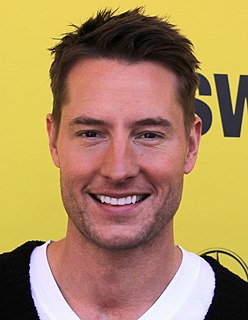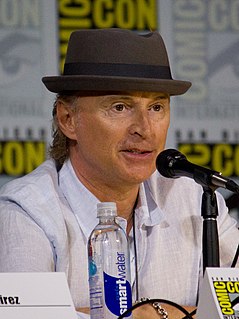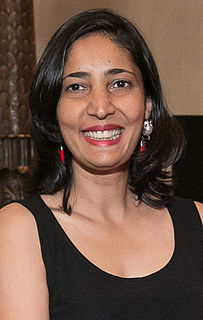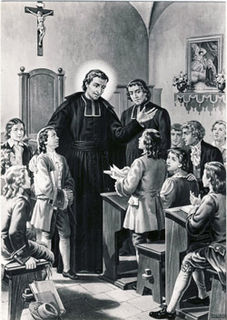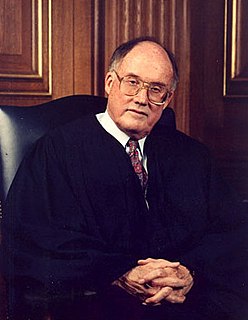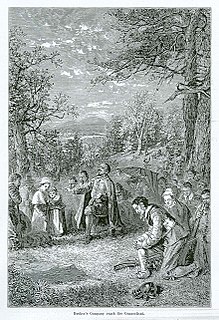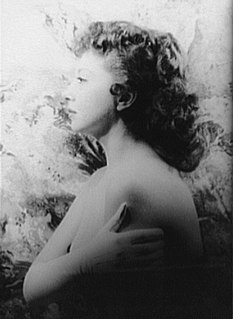A Quote by Thomas G. Stemberg
Of course, losing my father was traumatic. I was an only child. But from the time my father died, my general theme in life has been to turn adversity into opportunity.
Related Quotes
The child in me could not die as it should have died, because according too legends it must find its father again. The old legends knew, perhaps, that in absence the father becomes glorified, deified, eroticized, and this outrage against God the Father has to be atoned for. The human father has to be confronted and recognized as human, as man who created a child and then, by his absence, left the child fatherless and then Godless.
Every father is given the opportunity to corrupt his daughter's nature, and the educator, husband, or psychiatrist then has to face the music. For what has been spoiled by the father can only be made good by a father, just as what has been spoiled by the mother can only be repaired by a mother. The disastrous repetition of the family pattern could be described as the psychological original sin, or as the curse of the Atrides running through the generations.
When he died, I went about like a ragged crow telling strangers, "My father died, my father died." My indiscretion embarrassed me, but I could not help it. Without my father on his Delhi rooftop, why was I here? Without him there, why should I go back? Without that ache between us, what was I made of?
As in the natural life a child must have a father and a mother, so in the supernatural life of grace a true child of the Church must have God for his Father and Mary for his mother. If he prides himself on having God for his Father but does not give to Mary the tender affection of a true child, he is an impostor and his father is the devil.
A father's interest in having a child--perhaps his only child--may be unmatched by any other interest in his life. It is truly surprising that the state must assign a greater value to a mother's decision to cut off a potential human life by abortion than to a father's decision to let it mature into a live child.
When the father is going on in his journey, if the child will not goe on, but stands gaping upon vanity, and when the father calls, he comes not, the onely way is this: the father steps aside behind a bush, and then the child runs and cries, and if he gets his father againe, he forsakes all his trifles, and walkes on more faster and more cheerefully with his father than ever.
My father died five days before I returned to New York. He was only fifty-three years old. My parents and my father's doctor had all decided it was wiser for me to go to South America than to stay home and see Papa waste away. For a long time, I felt an enormous sense of guilt about having left my father's side when he was so sick.
The mother's and father's attitudes toward the child correspond to the child's own needs.... Mother has the function of making himsecure in life, father has the function of teaching him, guiding him to cope with those problems with which the particular society the child has been born into confronts him.


